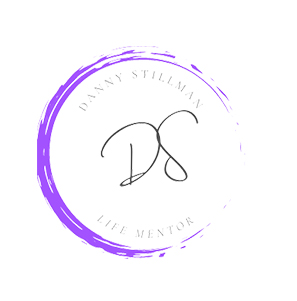We can all agree that no one is perfect, but that won’t stop us from feeling hurt when we are wronged and definitely won’t heal any wounds — physically, emotionally, or spiritually. No matter how small or large the offense, nothing will make forgiveness easier.
Then again, no one said it had to be easy. Being wronged can take a lot out of someone, negatively affecting their mood, actions, behavior, and mindset. Dealing with that hurt can lead to a mountain of other issues, including stress, anxiety, depression, loss of motivation, and loss of purpose.
When we first hear the term forgiveness, we immediately shut it down to avoid that confrontation to begin with. Although this is a normal reaction, it’s often due to a misunderstanding with what forgiveness is exactly.
What is Forgiveness?
When understanding the true meaning behind forgiving someone, you must first understand that it is in no way forgetting someone or something. Neither is it approving their actions, excusing their behaviors, moving on without feeling distraught, or letting go of being angry.
Forgiving someone means more than just being neutral towards them and means more than trying to make yourself feel better. Although it is a big step towards repairing a relationship, it won’t immediately do so.
Forgiving someone will still hurt, it’ll still be challenging, and it’ll still be a moment you’ll want to avoid, but it could be a moment that changes the situation for the better.
When you forgive someone, it’s a process. Sometimes long, sometimes short, but always a process. In fact, the first step to forgiving someone is allowing yourself to feel the negative emotions and truly understand where they’re rooted from. Once you’ve felt the emotions, it’s time to release it and free yourself of it.
Releasing these emotions will bring its own set of difficulties and is normally where people get discouraged with the forgiving process. Knowing yourself and how you best deal with disappointment and hurt can help you more effectively release negative feelings.
Decisional vs. Emotional Forgiveness
There are two main types of forgiveness that people tend to follow — decisional forgiveness and emotional forgiveness. Despite both being effective ways of dealing with hurt, one will be more beneficial to your well-being over the long-term.
With decisional forgiveness, you will decide to grant forgiveness to those that wronged you. Unfortunately, this will not relieve any of the negative emotions attached to the wrongdoing and will result in further resentment.
With emotional forgiveness, you will effectively replace those negative emotions with more positive ones. This differs from decisional forgiveness, where those negative emotions are still holding you back.
When you’ve been emotionally or physically hurt, holding onto that pain and distraught can only cause more stress in your life. When we become bitter, we start to lose sight of all the beautiful things happening around us.
Learning how to free yourself of the negative emotions toward others can help you get back to loving and enjoying life. Although forgiving someone might seem difficult, doing so can benefit you and those around you.

